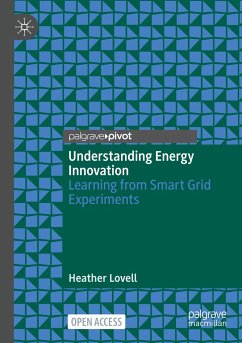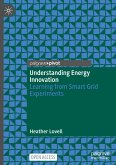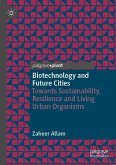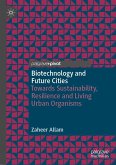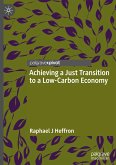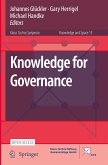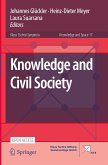This open access book uses smart grids to explore and better understand energy innovation, from a social science perspective. Understanding Energy Innovation has four core themes-networks, nodes, narratives and nostalgia-and each chapter tackles a theme, using case studies from Australia and Europe. Energy innovation is currently occurring at a rapid pace, in response to a host of problems including climate change, high energy prices, and unreliable supply. Understanding Energy Innovation provides ways to think about and plan for energy sector reform and innovation, drawing on core ideas from social and innovation theory, and centred on smart grids as a case study. These academic ideas are written about in an accessible way, recognising that a diversity of people have an interest in energy innovation generally, and smart grids more specifically, and would like to find out more about ways of understanding energy innovation that integrate the social and the political.
Bitte wählen Sie Ihr Anliegen aus.
Rechnungen
Retourenschein anfordern
Bestellstatus
Storno

